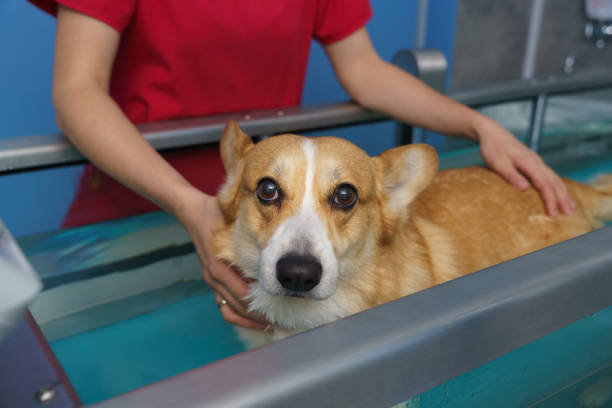Travel Preparation and Safety Measures for Companion Transport
Preparing a companion animal for transport requires planning across feeding, vaccination, microchipping, and behavior training to protect wellbeing during the journey. This overview covers essential steps owners and caretakers can take to reduce stress, meet legal requirements, and maintain safety from departure through arrival.

Moving a companion animal—whether for a short trip or a longer relocation—requires careful preparation to support wellbeing and safety. Prioritize a steady routine in feeding and nutrition in the days before travel, confirm housing and carrier suitability, and address any medical needs like vaccination and parasite checks. Attention to grooming and enrichment can reduce discomfort, while training and socialization help animals cope with unfamiliar environments.
This article is for informational purposes only and should not be considered medical advice. Please consult a qualified healthcare professional for personalized guidance and treatment.
How does feeding and nutrition affect travel readiness?
Establish a consistent feeding schedule several days before travel to avoid digestive upset. Offer familiar food in measured portions to reduce the risk of vomiting or diarrhea during transit. Maintain hydration with access to fresh water and consider small, frequent meals rather than a single large feeding before departure. For animals with special nutrition needs, check with your veterinarian about portable diet plans or supplements to support wellbeing en route.
What grooming and housing prep is needed for comfort?
Grooming reduces loose fur and potential matting that can increase stress in carriers or unfamiliar housing. Trim nails to prevent snags, and clean ears or fur as advised by a groomer or vet. Choose housing that fits the animal’s size with ventilation and secure closures; line carriers with absorbent bedding to manage accidents. For longer journeys, plan safe intervals for rest, toileting, and enrichment items like familiar toys or blanket scents.
How can behavior and training reduce travel stress?
Short, positive training sessions before travel can build confidence and reduce anxiety. Practice crate or carrier time in non-travel contexts, reinforcing calm behavior with treats and praise. Address separation anxiety through gradual desensitization and consult a professional trainer for persistent behavior concerns. Good socialization beforehand helps animals tolerate handling by new caretakers or exposure to busy terminals, improving overall safety during transport.
Which vaccinations, parasites checks, and microchipping are recommended?
Verify required vaccinations and parasite treatments well ahead of travel, especially for cross-jurisdiction or international moves. Many destinations require up-to-date vaccinations and proof from a veterinarian; parasite prevention for fleas, ticks, and intestinal worms supports health in transit. Microchipping provides permanent identification; ensure contact details are current with registries to assist reunification in case of separation during relocation.
How does socialization and enrichment support wellbeing during transport?
Provide enrichment that mirrors normal daily activities—chew items, puzzle feeders, or scented blankets can comfort animals. Gentle socialization before travel helps them accept different handlers and environments, reducing flight or escape risk. During travel, maintain predictable routines for feeding, rest, and brief play or calming interactions. Observing behavior changes can signal stress or health issues that require immediate attention.
What practical travel safety and adoption-related considerations apply?
Confirm local services in your area such as veterinary clinics, boarding facilities, or animal control along your route. If transporting adopted animals, complete all adoption paperwork and ensure legal transfer of ownership where required. Equip carriers with visible ID, vaccination records, and microchip information. For ground travel, secure carriers to prevent shifting; for air travel, comply with airline safety rules. Keep emergency contacts and a basic first-aid kit readily available.
Conclusion Thorough travel preparation blends practical safety measures with attention to animal health and behavior: steady feeding and nutrition, grooming and housing checks, targeted training and socialization, and timely medical safeguards like vaccination, parasite control, and microchipping. Combining these elements helps reduce stress and supports the wellbeing of companion animals throughout transport.





